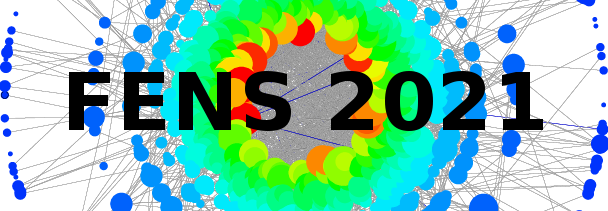Speaker
Description
Recently a simple master equation with growth and reset terms was considered for modeling in a unified manner distributions observed in complex systems [1]. Income and wealth are two basic socio-economic quantities that are frequently used to characterize social inequalities. Beginning with the pioneering work of Vilfredo Pareto, the distribution of these quantities were intensively studied and several universality were found. In almost all human societies the density function for wealth and income exhibits scaling properties (power-law like tail). The analytical form for the density function of wealth and income distribution in the limit of the poor and middle class society is however strongly debated [2]. Despite of many theoretical attempts to describe the shape of the whole distribution, up to our knowledge today there is no compact form for the density function that works well for all income and wealth ranges. Here we present an approach based on the growth and reset model for this problem and find such compact solutions for the entire density function. The reset and growth rates used in the models are defined in agreement with experimental data [3]. The derived density functions are in good agreement with our experimental data and suggest further intriguing universality as well.
[1] T.S. Biro and Z. Neda, PHYSICA A-STATISTICAL MECHANICS AND ITS APPLICATIONS
Vol. 499, 335 (2018)
[2] A. Chakraborti, A. Chatterjee, B. Chakrabarti, S.R. Chakravarty, Econophysics of Income and Wealth Distributions (Cambridge Univ. Press, 2013).
[3] Z. Neda, I. Gere, T.S. Biro, G. Toth, N. Derzsy, PHYSICA A-STATISTICAL MECHANICS AND ITS APPLICATIONS, vol. 549, 124491 (2020)

